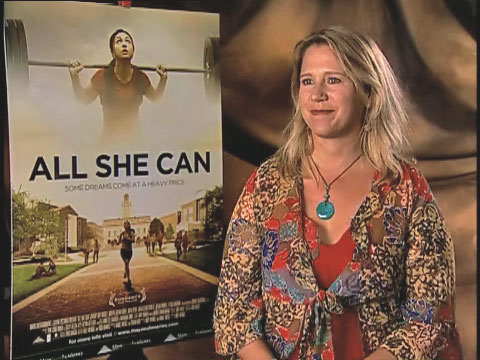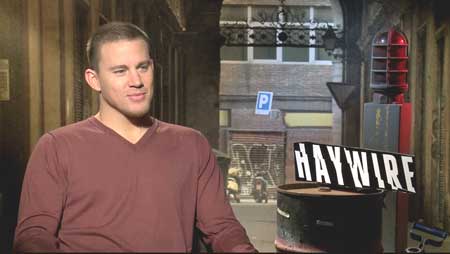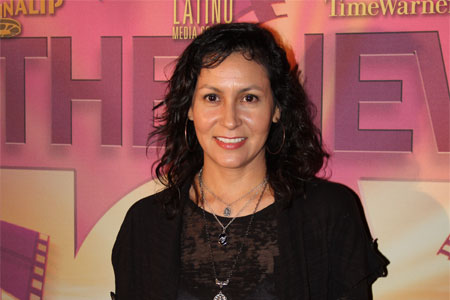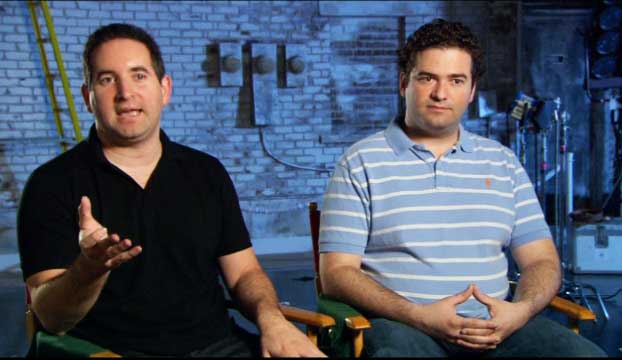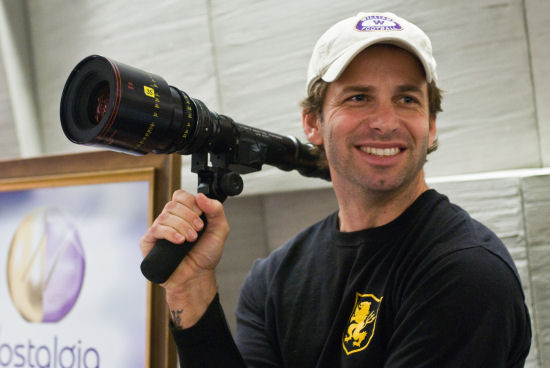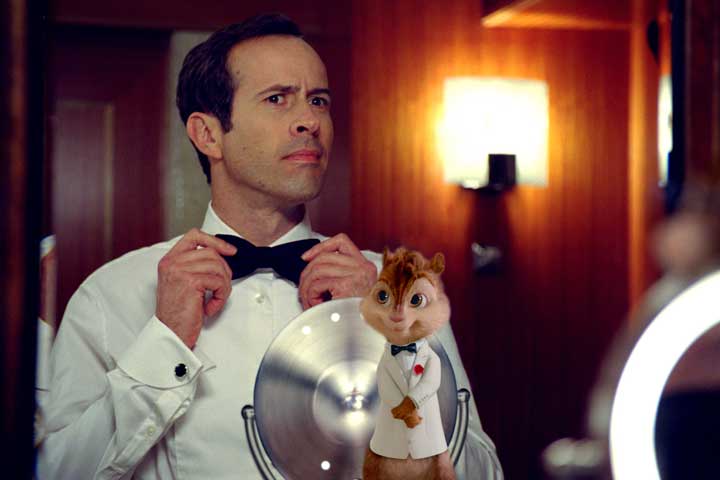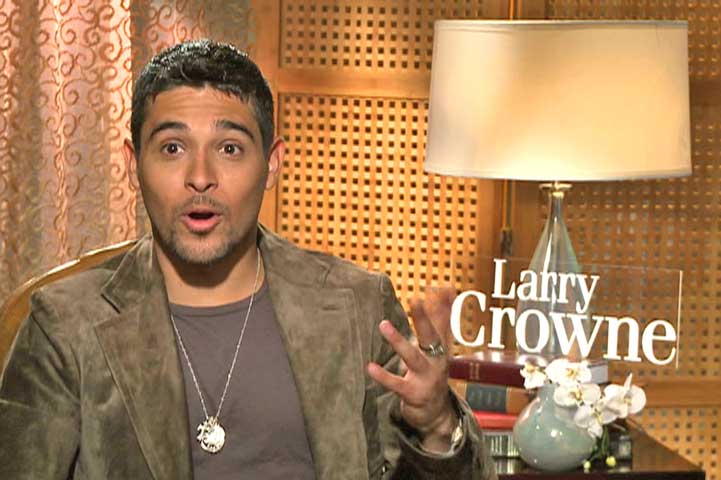- Details
-
Category: Interviews
-
Published: Thursday, 11 August 2011 21:51
-
Written by Lupe Haas
For many years directors and studios have learned that if you want a public reaction, take your idea to Comic-Con. Good or bad, the reaction will be swift, strong and brutally honest as director Francis Ford Coppola found out. T
Fans are passionate about their film and they never pull punches. That’s why studios spend big money to go to San Diego. A positive reaction will start a word of mouth campaign that money can’t buy and a negative reaction will give the studio time to create a fix.
In the past few years, many of Hollywood’s best directors have gone to Comic-Con to discuss new technologies, their latest films and the public’s attitude towards 3:D. James Cameron has embraced it; Peter Jackson sees its virtue, and many other directors are taking a wait and see posture. But one esteemed film maker, Francis Ford Coppola, is thinking completely out of the box.
When The Godfather director came to present his idea at the now famous Hall H his presentation was sloppy, erratic and full of apologies, but if you could look past the false starts, technical glitches and Val Kilmer trying to be witty, Coppola revealed a brilliant idea if only he can find a way to pull it off. His idea is centered on a film called Twixt starring Val Kilmer as a mystery writer who stumbles upon a local murder mystery through the town sheriff played by Bruce Dern.
Now I’m going to try my best to describe the project as I understand it. Francis Ford Coppola had a hard time explaining it and he is a genius. It all starts with the idea of making film a live interactive process. Coppola made a film and every scene and component of the film has been digitized and stored on a computer. Each scene is assigned a number and each numbered scene has a short and long version. The director, like a VJ, can then choose the order of the scenes or the length of the scenes based on audience reaction. Also the film has a combination of 2D scenes and 3D scenes, also chosen by the director. So essentially, each version, each screening, would be a completely unique and different film.
Since he was having so much difficulty getting his computer images to display on our big screen it was hard for me to tell what was going on. But each screening would have a director at the controls and the music may or may not have to be live. Also, the narrator probably would have to be present. It’s hard to imagine and I can think of a lot of problems, but the idea is very cool and innovative. In the 80’s Mr. Coppola restored a 1927 silent film called Napoleon and his father Carmine Coppola wrote an original score and conducted a live orchestra beneath it. The event was only able to play in large cities and in large venues so very few saw it. But those who did see it said it was magnificent.
I thought that Mr. Coppola was very brave to show us his project before all the kinks had been worked out and I wish him well on his tour. Elle Fanning is also in the film as a ghostly looking teenager and Ben Chaplain plays a dream version of Edgar Allan Poe. I liked the look of the film and alternating between 2D and 3D is an interesting choice. I look forward to seeing the completed film. As Coppola says, “This is just the beginning.”
Melanie Wilson
Visit her blog at lamelbox.blogspot.com

